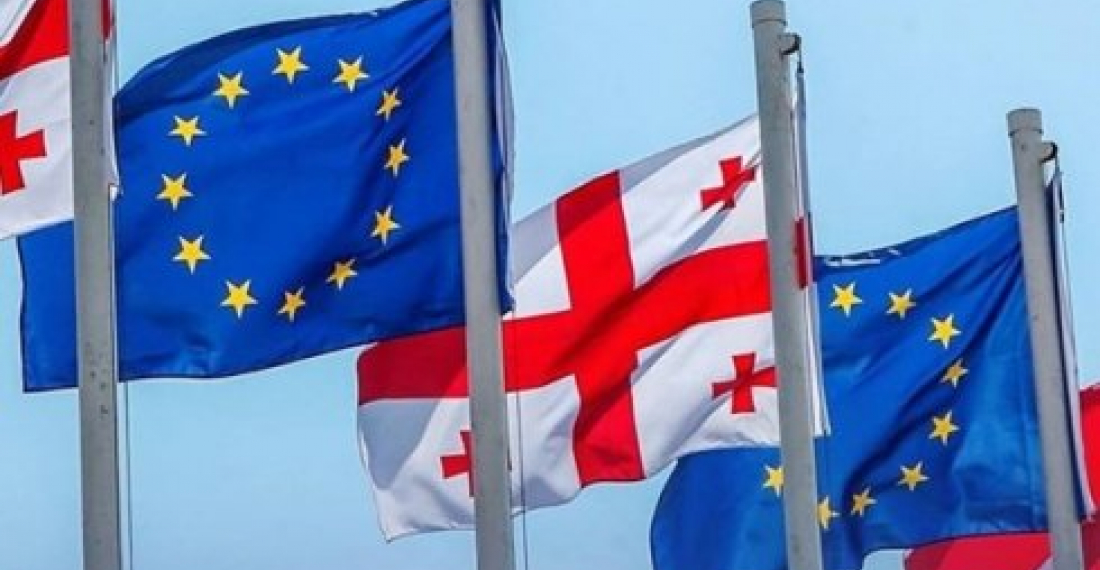The European Union has issued its first official comment following parliamentary elections held in Georgia on 31 October. A statement by the spokesperson said that the European Union will remain very attentive to developments during the remainder of the electoral period and in particular on the day of the second round. A second round of voting will take place on 21 November to elect 16 majoritarian MPs in constituencies were the result was not conclusive in the first round because none of the candidates obtained 50% of the votes cast.
The following is the statement in full:
Georgia held the first round of its 2020 Parliamentary elections on 31 October, under a revised electoral system and with high voter turnout, despite the challenging context of the COVID-19 pandemic.
According to the joint statement of preliminary findings and conclusions of the international observers from the OSCE Office for Democratic Institutions and Human Rights and the Parliamentary Assemblies of the OSCE, Council of Europe and NATO, the elections were competitive and, overall, fundamental freedoms were respected.
The observers noted, however, that the conduct of the elections was impacted by pervasive allegations of pressure on voters and blurring of the line between the ruling party and the state throughout the campaign and on election day, reducing public confidence in some aspects of the process.
Ensuring the highest democratic standards throughout the entire electoral process, including during the second round, remains key, as well as a fair, transparent and rigorous handling of all complaints and appeals. It is important that all parties continue to adhere to democratic principles and standards and respect for human rights. Ensuring conditions for a free and pluralistic media environment is extremely important including to allow voters to make a fully informed choice. The European Union will remain very attentive to developments during the remainder of the electoral period and in particular on the day of the second round.
The revised legal framework provided a sound basis for the holding of democratic elections. Recent legislative amendments partially addressed previous OSCE/ODIHR and Council of Europe/Venice Commission recommendations, however, although a number remain outstanding. It will be important to continue addressing shortcomings in the electoral framework, including the final recommendations of OSCE/ODIHR, through an inclusive dialogue, after the second round on 21 November.
The European Union stands by a democratic, stable, prosperous and inclusive Georgia and continues to support Georgia's process of political association and economic integration with the EU as per its Association Agreement.
source: commonspace.eu with the European External Action Service






